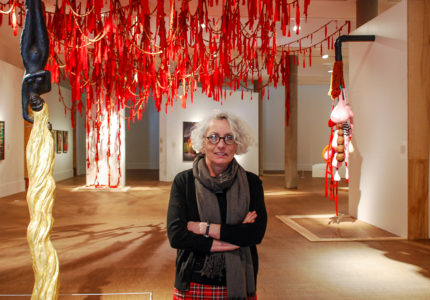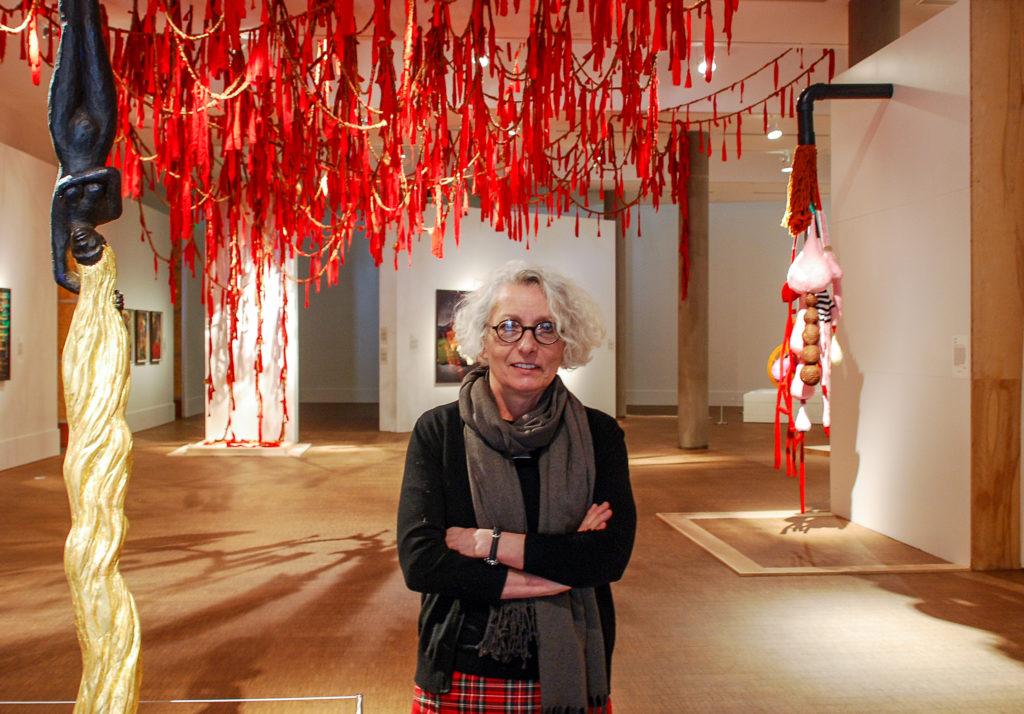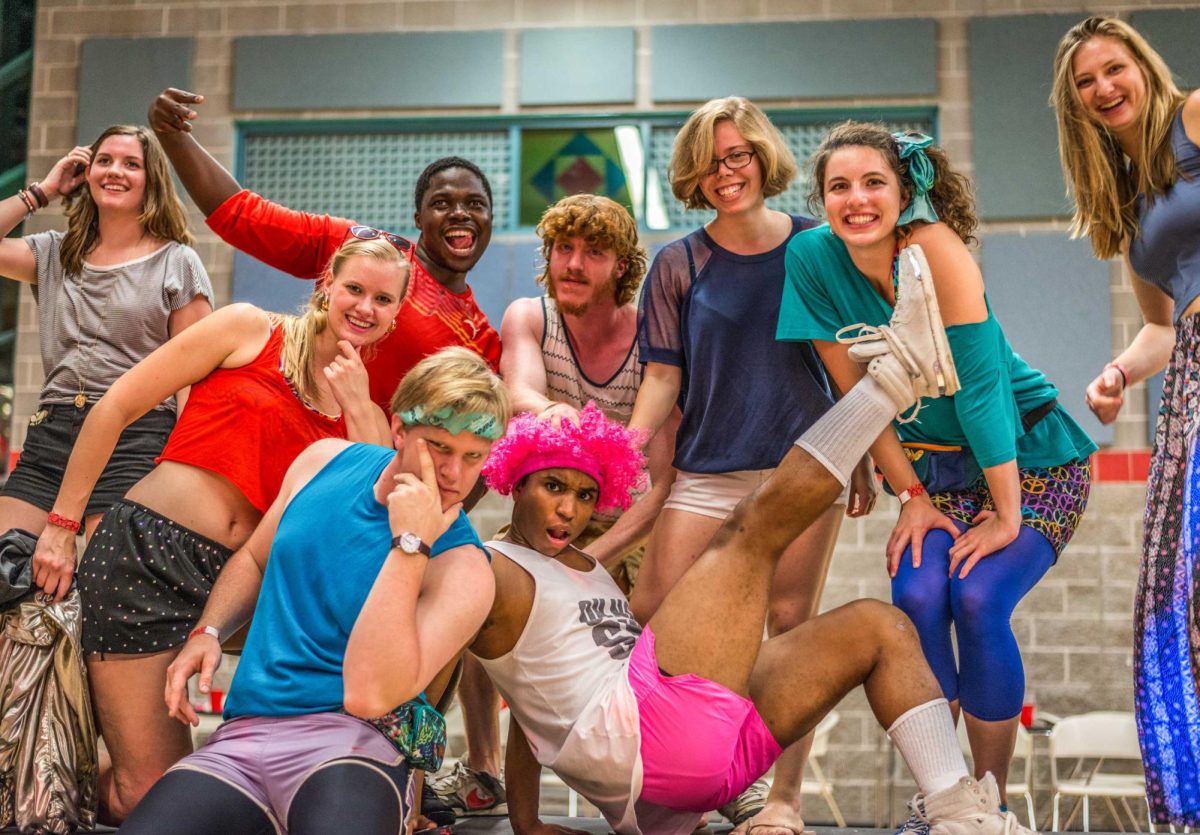By Esther Hwang
hwangest@grinnell.edu
Two weeks ago, I wrote an article exploring masculinity through the perspective of students at the College. Through thoughtful interviews, we ventured into the limits of defining masculinity as inherently toxic as well as the issue of emotional vulnerability among men. We dipped our toes into the frequent event of men speaking over others in the classroom and the controversial idea of using one’s privilege to help others.
I felt much empathy for my interviewees and the complexities of masculinity, and I made a concerted effort to put aside my own views on masculinity for a larger mission to genuinely understand. I acted with caution around the word “patriarchy” for fear that it would distance the interviewer from their personal experiences and have them regurgitating terminology from an Intro to Gender Studies class. And I did not bother with eliciting shame or guilt by talking about misogyny or man-hating. However, patriarchy and the response of man-hating are important ideas I found myself wanting to explore further through an additional story.
When I was living with my parents in Peoria, Illinois, I would go to my coworkers’ house to grill Korean barbecue with them. It was just me, two middle aged Korean men and a younger Korean man. They were people who treated me with respect, and I told my mom that I trusted them. Yet she still gave me her mighty words of wisdom, a spell to protect me from the cold realities of her deepest fears: “Remember, Esther. All men are dangerous except your brother and your dad. Come home soon. Have fun.”
Time and time again, my mother has given me warnings like these, feeding into the narrative that men can be reduced solely to their uncontrollable sexual desires, and that women must do what they can to limit intimate interactions with them. When my mom raised me, she taught me early on how to turn my head away from boys who bother me. Though I appreciate her intention to give me the tools to deflect potential danger, I grew up afraid and quiet. I wonder what cycles we loop into when we teach girls to hide themselves and fear masculinity.
To discuss these cycles, I talked to Tilly Woodward, Curator of Academic and Community Outreach at Grinnell College, to hear her views on parenting and the endeavor of raising a new generation. Woodward spoke to the issue of trauma, which I often see living within my mother. “The trauma that you suffered before you were a parent and the way that plays out in terms of your hopes and fears for your children as they’re growing up, it’s an interesting thing,” said Woodward.
In paving avenues for gender freedom, Woodward meditates on the cycles she wants to break in her parenting. “I think it’s really lovely to be able to enjoy looking as beautiful as you can be. And that was definitely not something that was considered in my upbringing that I wanted my kids to have,” she said.
As our conversation unfolded, Woodward spoke about the importance of statistics paired with personal stories of women in the #MeToo movement, her decision to use a masculine spelling for her daughter’s name so she could have the option to work in places that might otherwise discriminate based on her gender, the pain and complexity of intimate relationships on both ends and the important role of parents as educators.
It’s quite beautiful to think about the worlds we create as we invest our energy into collective growth, whether that’s with our children, our friends or our communities.
“Oftentimes we talk about big things we want to see changed in the world. We think about how there should be systemic change on the level of government policy, systemic change in big ways. Sometimes I feel we overlook the importance of small things, not that parenting is in any way a small thing. But that through small interactions with people, repeated over time, that they have a great capacity to formulate change,” Woodard said. With Mary B. James and 100 Days approaching, I hope that everyone engages with others in respectful and honest ways and that people play with gender expression so that they can feel beautiful and fabulous in their bodies.
In the class Decolonizing Sociology with Professor Jules Bacon, sociology, we read the book “We Are Dancing for You” by Cutcha Risling Baldy. One line struck me in particular as relating to the conversations about masculinity and gender that have been emerging more in the Grinnell community: “Native feminist consciousness could, furthermore, encourage both sexes to rid themselves of dominant notions of masculinity and femininity, building stronger senses of well-being and at the same time strengthening interpersonal bonds that sexist notions of proper gender relations erode.”




















































